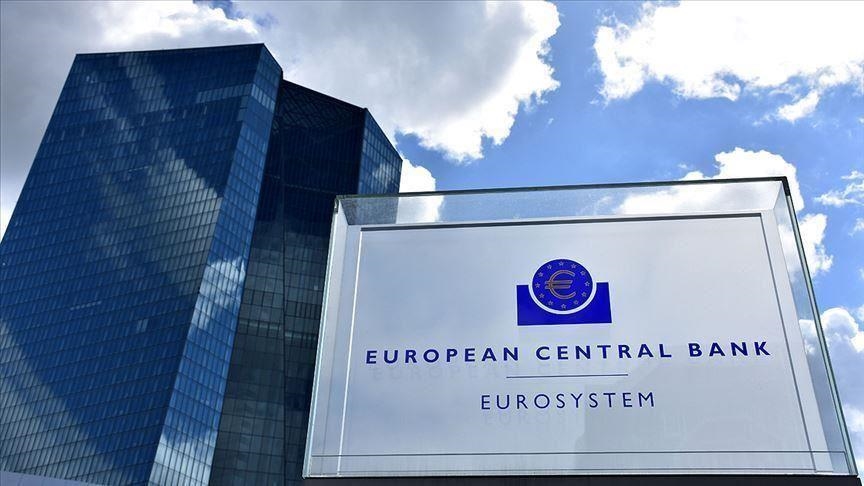Interest rates in Ireland and across the Eurozone have been at rock bottom for half a decade. However, this is expected to end this month.
At its June meeting, the ECB indicated that it would increase interest rates in July by one-quarter-of-one percent.
This means that anyone with a variable rate mortgage is likely to see their monthly repayments increase a month later.
Rising cost of mortgage repayments
As a rough rule-of-thumb, for every €100,000 outstanding, monthly repayments will rise by about €15 per month. So, someone with a €300,000 mortgage will see monthly repayments rise by about €45 per month.
The ECB will raise interest rates as it attempts to slow down inflation, which has been surging in recent months. In fact, just today, its been reported that inflation across the Eurozone in June surged to a new high of 8.6% with an even higher rate of 9.6% recorded in Ireland. So, with inflation so high, the July interest rate increase is unlikely to be the last. The ECB may raise interest rates further later in the year, possibly as soon as September. However, much will depend on how much inflation continues into the year. If inflation remains high, the ECB will have little choice but to keep pushing interest rates higher and higher until such time as inflation eases.

Better value options
For those with both standard variable rate and tracker mortgages, rising interest rates and monthly repayments will mean they will have to take extra steps to protect their financial wellbeing. For some, it may be possible to switch to a fixed rate mortgage.
Now is a critical time for all families to keep their household finances in good shape. The most practical way to do this is by using a personal budgeting tool. As borrowing costs rise and inflation depletes household savings, eventually, families may have to curtail spending. If this happens, it can have a knock-on effect on the economy. Some economists are predicting an economic slowdown, others are predicting a recession.
Some practical tips:
Income – for all families, they should explore if they are due a refund from Revenue of possible tax-relief / tax credits etc. They can check a full list HERE.
Income – if an option, families should explore additional income options, including the Rent-a-Room Relief.
Expenses – if possible, mortgage holders should explore some of the many fixed rate mortgage options to switch.
Expenses – reduce food waste (learn more here).
You can access some of the free MoneyWhizz personal finance tools HERE
Frank Conway is Founder of MoneyWhizz


Comments are closed.